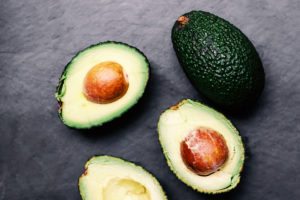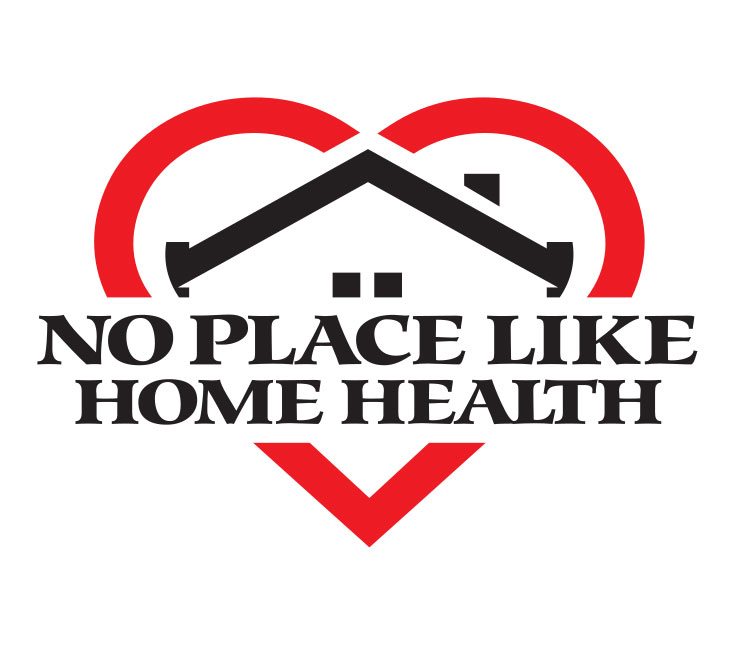Which Fats are Part of a Heart Healthy Diet?
You’ve no doubt heard that eating foods that contain fat is bad for you. It’s true that eating a healthy diet means avoiding some kinds of fats that can increase cholesterol levels, lead to weight gain, and cause all kinds of other health problems. Knowing which fats are good and which ones to avoid can help you to plan healthier meals for your senior parent.
Why the Body Needs Fats
Fat is a nutrient, like protein, which means that the body needs a certain amount of it to remain healthy. Fat plays a number of important roles, such as:
Providing energy.
Keeping the brain and heart-healthy.
Helping the body to absorb vitamins.
Fats to Limit or Avoid
Not all fats are created equal. Some of them are worse than others. The worst kinds of fats are trans fats. Eating trans fats can raise the level of LDL cholesterol, which is the “bad” cholesterol. They can also increase a person’s risk of heart disease.
Trans fats are found in:
-Pastries that are baked commercially, like donuts, cookies, muffins, and cakes.
-Pre-packaged snack foods, including crackers and chips.
-Fried foods.
-Foods that contain hydrogenated vegetable oil. These are particularly sneaky since they are sometimes labeled as “trans fat-free.”
Saturated fat is a kind of fat that should be eaten only in limited amounts. It, too, can increase bad cholesterol levels. In addition, it increases the risk of cardiovascular disease.

Home Care Services in Redford MI: Good and Bad Fats For A Heart Healthy Diet
Saturated fats are found in:
Butter.
Ice cream.
Whole-fat dairy products, like milk and cheese.
Red meat.
Lard.
Chicken skin.
Tropical Oils.
Saturated fat isn’t as dangerous as trans fat, so you don’t have to completely eliminate it from your parent’s diet. Instead, keep saturated fat to 10 percent or less of the total daily calories.
Fats to Include
The fact that there are good fats that your parent should eat might surprise you. Good fats are polyunsaturated fats and monounsaturated fats.
These good fats help by:
-Reducing the risk of stroke and heart disease.
-Lowering blood pressure.
-Reducing bad cholesterol and increasing good cholesterol.
-Lower Triglycerides.
-Prevent hardening and narrowing of arteries.

Home Care Services in Redford MI: Good and Bad Fats For A Heart-Healthy Diet
Foods that contain monounsaturated fats include:
-Avocados.
-Olives.
-Nuts.
-Peanut butter.
-Canola, olive, peanut, and sesame oils.
Foods that contain polyunsaturated fats include:
-Walnuts.
-Flaxseeds.
-Tofu.
-Soymilk.
-Fatty fish.
-Pumpkin, sunflower, and sesame seeds.
If your parent struggles to eat a balanced diet that includes good fats, but limits the bad ones, hiring a home care provider can help. Sometimes seniors, especially those who live alone, don’t prepare healthy meals. They may have difficulty because of limitations or they may simply find cooking too much trouble. A home care provider can assist seniors to prepare healthy meals. Home care providers can even drive seniors to the grocery store and help them shop for ingredients.
If you are considering hiring home care services in Redford, MI, contact the caring staff at No Place Like Home Health, LLC today. Call (734) 259-4200.
Sources
https://healthyforgood.heart.org/eat-smart/infographics/the-facts-on-fats
https://www.webmd.com/diet/obesity/features/skinny-fat-good-fats-bad-fats#1
- How Does Physical Therapy Help Seniors with Arthritis? - March 21, 2025
- In-Home Care Can Help Your Senior Parent Get Around Safely - March 6, 2025
- Comprehensive Care Plans for Seniors Aging in Place - February 17, 2025
